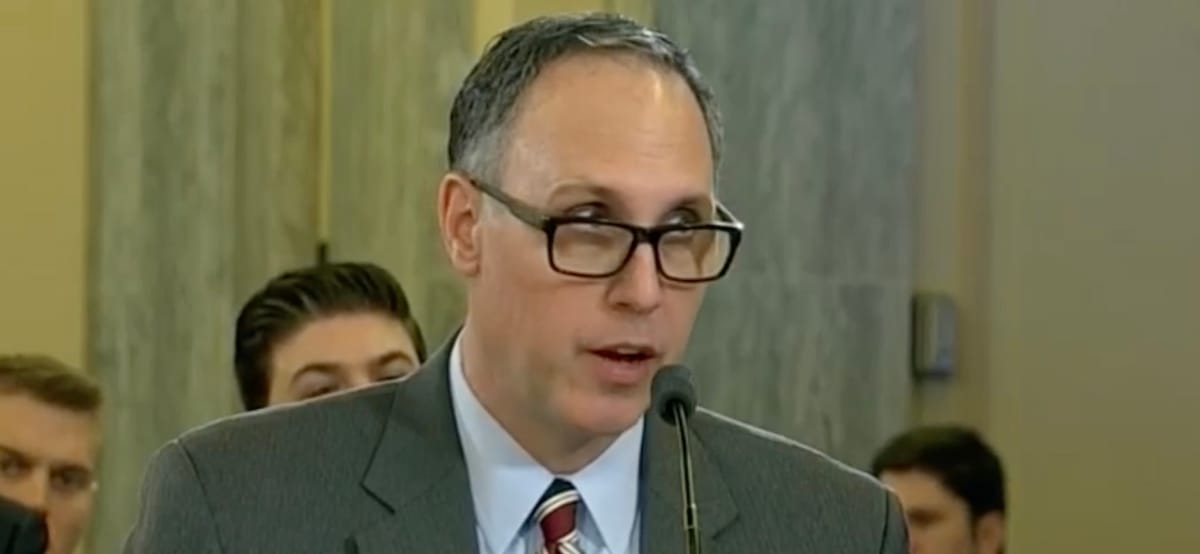Rural Providers Urge FCC to Verify Unsubsidized Coverage Ahead of Enhanced ACAM Awards
The FCC’s challenge process is insufficient to allocate Enhanced ACAM funds, the Rural Broadband Association said.
Jake Neenan

WASHINGTON, September 18, 2023 – Rural broadband companies are pushing the Federal Communications Commission to require unsubsidized providers to prove their coverage in rural areas.
The calls come weeks after the FCC announced funding offers under the Enhanced Alternative Connect America Cost Model, or Enhanced ACAM. The model allocates support to providers already receiving funding through the Universal Service Fund.
The new allocation of funds takes into account whether an area is already served at the required speed threshold – 100 Mbps download and 20 Mbps upload, faster than the previous Connect America Cost Model – by an unsubsidized provider. Areas the FCC deemed to be served only by an unsubsidized provider were excluded from awards and less money was made available to recipients operating in the same area as an unsubsidized provider.
Providers who were offered Enhanced ACAM funding must accept or decline their offers by September 29, but the FCC will accept challenges from awardees and make adjustments to the awards until 2025.
In a September 15 filing to the FCC, NTCA – The Rural Broadband Association said the process for challenging these determinations is insufficient and urged the agency to require unsubsidized carriers to certify their reported coverage where Enhanced ACAM funds could be disbursed.
The challenge process is lacking, the association said, because it relies on the FCC’s broadband map and the accompanying challenge procedures.
The map data includes maximum speeds available at a given location, but it does not reflect potential decreases in speed that happen when many people are simultaneously using a fixed wireless network – the technology many rural providers use – and does not include information on standalone voice service, which a provider must offer to meet the agency’s definition of an unsubsidized competitor.
The agency told Enhanced ACAM recipients to submit concerns on these and other issues not captured by the map via public comment in its docket system and to challenge unsubsidized coverage and speeds through its standard broadband map challenge process.
FCC speed data is also difficult to challenge, the NTCA said in its filing. Challenges alleging a carrier’s provided speed is lower than that recorded in the data cannot be submitted in bulk, but must be submitted individually. That makes it difficult to determine if an unsubsidized provider offers lower speeds than they reported for large areas.
Requiring certifications from unsubsidized providers would provide “a well-structured and well-defined supplemental process,” for submitting challenges to Enhanced ACAM allocations, the association wrote.
The NTCA met with agency officials ahead of the award announcements to ask for the same certification, according to an ex parte filing from July 24.











Member discussion